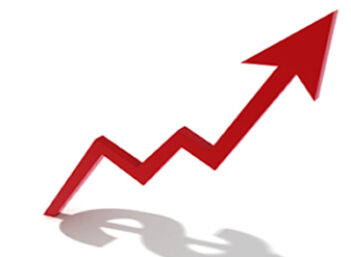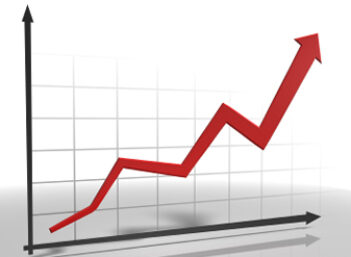What is a Call Premium?
A call premium is the price of a call option. It is not the same as the strike price.
How Does a Call Premium Work?
Supply and demand of the call option determines its premium, but the famous Black-Scholes options pricing model offers a common (though somewhat complex) method for calculating call premiums at any point. Black-Scholes takes into account time to expiration, price of the underlying stock, risk-free interest rates, the stock's volatility, the strike price, and other factors.
The value and importance of a call premium goes far beyond the cryptic Black-Scholes formula. Essentially, the size and presence of a call premium determines whether an investor will make money on a derivatives transaction.
For example, let's say an investor purchases one call option contract on IBM at a price of $2.00 per contract. IBM stock is currently trading at $100 per share. Because each options contract represents an interest in 100 underlying shares of stock, the actual cost of this option -- the call premium -- will be $200 (100 shares x $2.00 = $200).
Here's what will happen to the value of this call option under a variety of different scenarios:
When the option expires, IBM is trading at $105.
Remember: The call option gives the buyer the right to purchase shares of IBM at $100 per share. In this scenario, the buyer could use the option to purchase those shares at $100, then immediately sell those same shares in the open market for $105. This option is therefore called 'in the money.' Because of this, the option will sell for $5.00 on the expiration date (because each option represents an interest in 100 underlying shares, this will amount to a total sale price of $500). Because the call premium was $200, the net profit to the buyer from this trade will be $300.
When the option expires, IBM is trading at $101.
Using the same analysis as shown above, the call option will now be worth $1 (or $100 total). Since the call premium was $200, he or she will show a net loss on this trade of $1.00 (or $100 total). This option would be called 'at the money,' because the transaction is essentially a wash.
When the option expires, IBM is trading at or below $100.
If IBM ends up at or below $100 on the option's expiration date, then contract will expire 'out of the money.' It will now be worthless, so the option buyer will lose 100% of his or her money (in this case, the full $200 that he or she spent on the call premium).
Why Does a Call Premium Matter?
Call premiums tend to rise when options are in the money, and they lose value when the options are getting close to being out of the money. In turn, the underlying factors that could influence whether an option is in or out of the money are the factors that also influence call premiums.
In the end, options offer investors a lot of flexibility, but regardless of whether it is in the buyer's best interest to exercise an option when it expires, he or she always loses the option premium.



